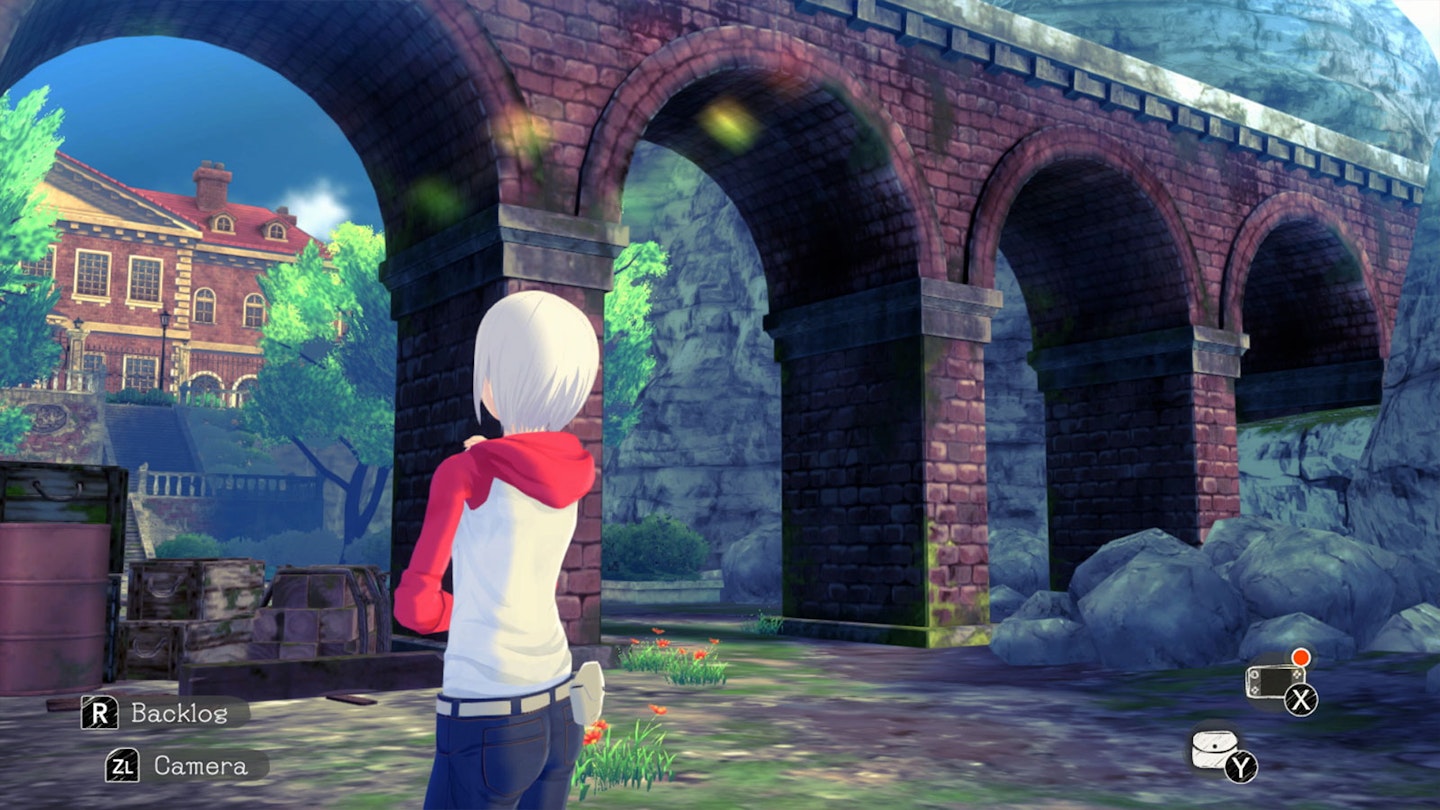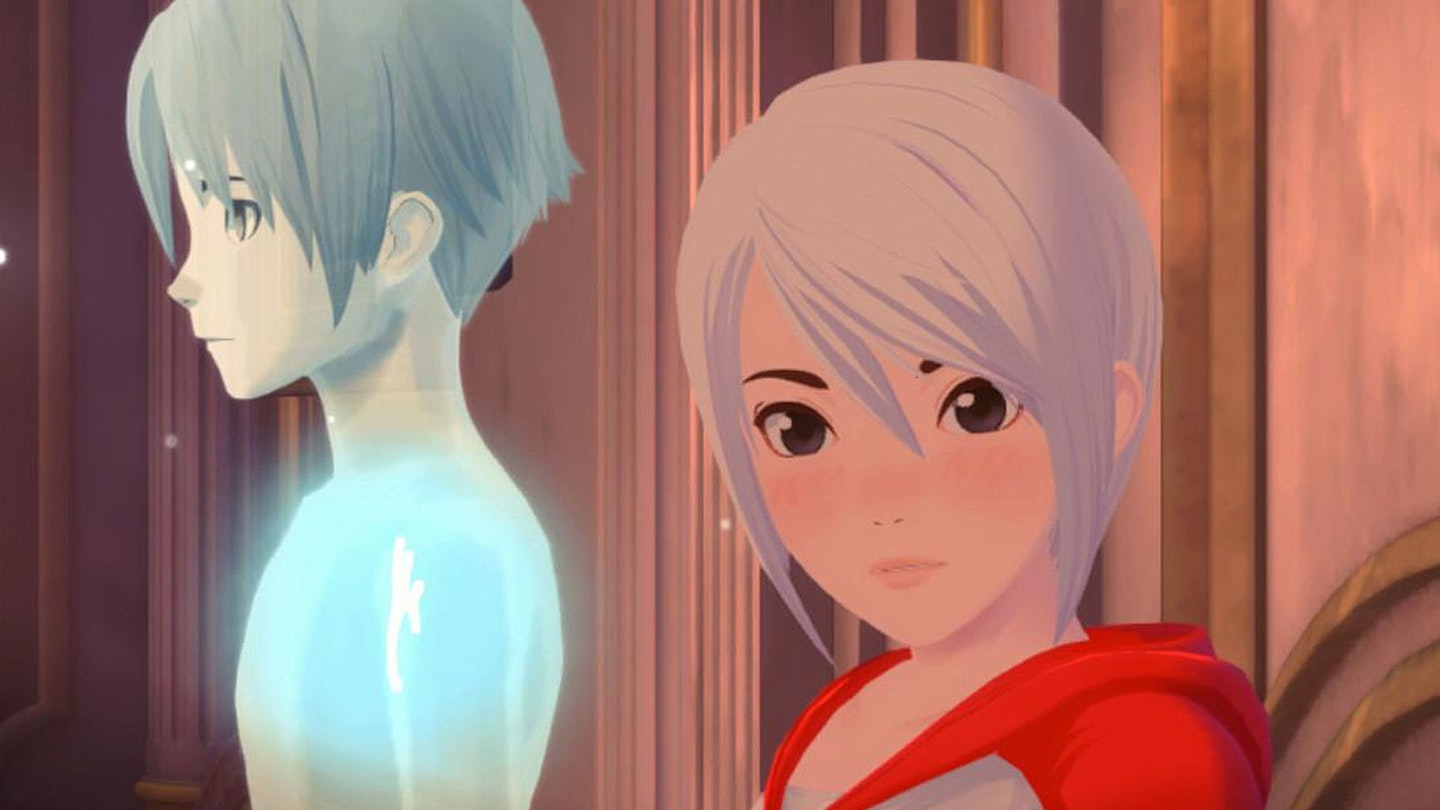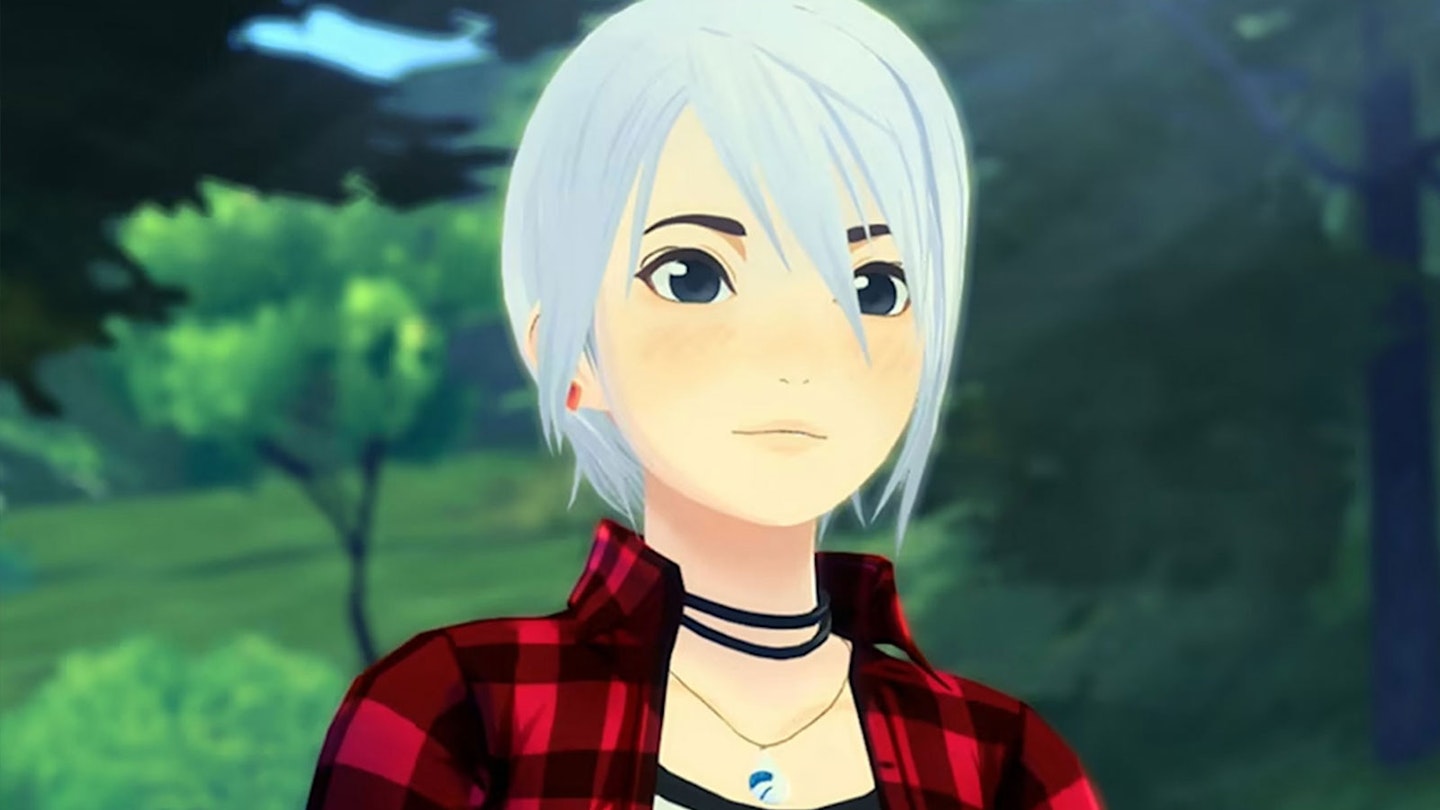Platforms: Nintendo Switch
Part of the secret to Nintendo's decades of success is its ability to tailor software specifically to its hardware. The portability of the original Game Boy, simple motion controls of the Wii, home/handheld hybrid design and versatile Joy-Con controllers of the Switch – over the years, form has repeatedly defined function. While that's fantastic for players of the day, it poses a huge problem for game preservation as Nintendo moves through each of its highly distinctive console generations.
Which brings us to Another Code: Recollection. A remaster of two cult hit point-and-click puzzle adventures – the first, Another Code: Two Memories released on the Nintendo DS in 2005, the second, _Another Code: R – A Journey into Lost Memories_launched on the Wii in 2009 – Recollection merges the two games into one longer and more cohesive narrative.

Both games follow Ashley Mizuki Robins, who spends the first game exploring an isolated island after receiving an invite to meet her supposedly deceased father there on her 14th birthday. The second picks up two years later, and explores her relationship with her similarly absent mother. Both are beautifully written experiences, blending lightly supernatural adventures – Ashley is joined by an amnesiac ghost known as "D" and, later, a mysterious runaway boy named Matthew Crusoe – with poignant examinations of loneliness and abandonment.
Ashley's story remains absorbing and thought-provoking.
On almost any other platform, a remaster such as Recollection would be cause for celebration, bringing a pair of hidden gem classics to the fore so new players can discover and returning fans can revisit. Indeed, developer Arc System Works – taking over for now-defunct original studio Cing – does an admirable job in maintaining the general aesthetic and tone of the originals, despite the shift from top-down view (on DS) and fixed movement between set areas (on Wii) to 3D exploration here. Full voice acting, updated character models, and an updated hint system for its puzzles also serve to drag the games into 2024, while new collectibles scattered around help expand the story and better aid world-building.

The problem is that in both their original forms, the Another Code games relied heavily on the hardware features of their launch platform, features which are often impossible to replicate on the Switch – the twin screens of the DS in particular. For instance, there's an infamous puzzle in the first game that required closing the DS so a 'stamp' on the top screen would press against the bottom screen. Another required players to blow into the handheld's microphone to blow dust off a long-ignored object. Such ingenious physicality drew players into the world, and Ashley's adventures, in a visceral way. Yet for Recollection, there's very little of that cleverness to be found – possibly stymied by the uncertainty over whether players might be playing on their TVs or in handheld mode, even puzzles that could have traded the DS touchscreen for the Switch's, or the Wii Remote's motion controls for the Joy-Cons, are drastically overhauled, usually for the worse.
Instead, Recollection's puzzles are now almost entirely solved with button prompts and the very occasional use of tilt controls that can work whether you're in handheld mode or using a Switch Pro controller on the TV. This wouldn't be so bad if _Another Code's_mysteries were real head-scratchers, but these games, even in their newly combined form, are very much adventure games for beginners. Stripping out the smart use of original hardware for puzzles and doing next to nothing to adapt them for the Switch's own distinct capabilities leaves nothing but a glorified visual novel. This is reinforced by how grievously slow everything is to begin with, from Ashley's movement to camera rotation speed (trust us, nip into settings and whack that up to about 70) – it all feels simultaneously stripped back and dumbed down.
Thankfully, Ashley's story remains absorbing and thought-provoking, and Another Code: Recollection remains worth a look on that strength alone. Unfortunately, while this remaster brings the saga up to scratch visually, it loses almost everything else that made the originals so special in the process.
